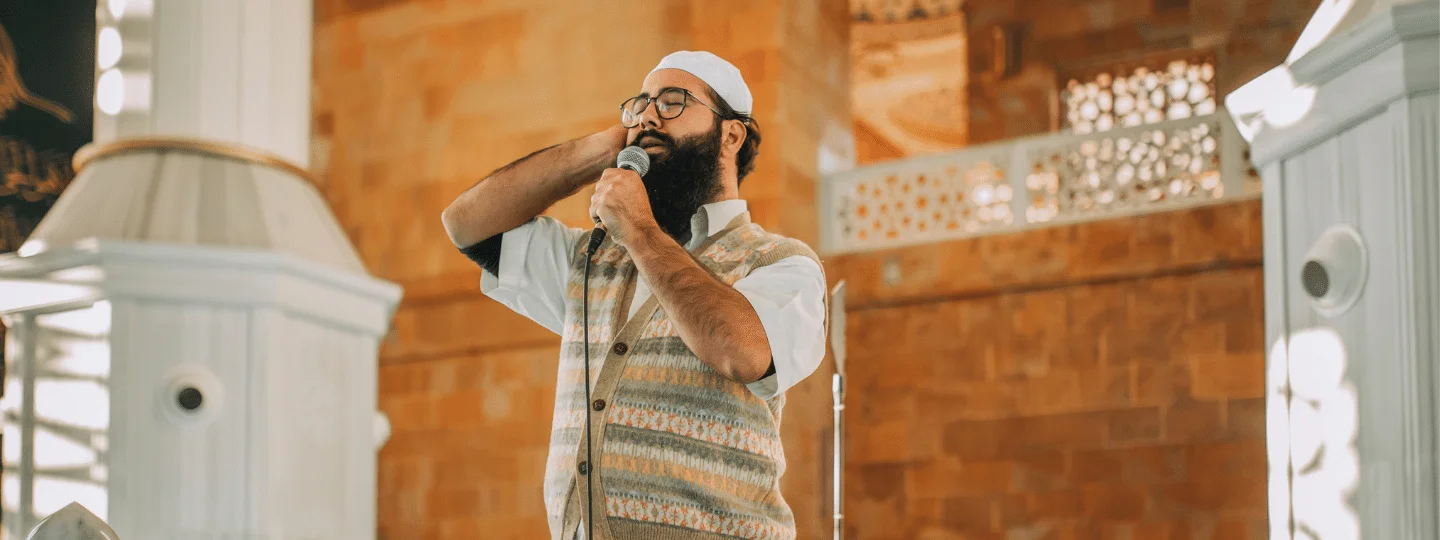Is it permissible to narrate Hadith which have been narrated by a Shaykh, but without any authentic source or reference being mentioned?
Quran
Hadith
Islamic Text
This should not be done as one needs to be confident regarding Hadith authenticity.
Firstly, it is important for people who narrate a Hadith, especially in Islamic classes, to have some idea of its authenticity. It is acceptable for a person who has been asked about hadith authenticity in a class to say that he or she will look into it and get back to the questioner. It is unreasonable to expect every teacher in every class to know the precise reference of every hadith.
However, it is reasonable to expect the teacher to research the hadith, find the reference for it and provide it to the questioner. Additionally, it is good practice for a teacher who knows that he will be narrating a particular Hadith in class to thoroughly reference it beforehand.
عَنْ أَبِي هُرَيْرَةَ قَالَ: قَالَ رَسُولُ اللهِ صَلَّى اللهُ عَلَيْهِ وَسَلَّمَ: كَفَى بِالْمَرْءِ كَذِبًا أَنْ يُحَدِّثَ بِكُلِّ مَا سَمِعَ
“Abu Hurairah said that the Prophet ﷺ said: it is enough of a lie for a person to narrate everything that he hears.” (Sahih Muslim, Chapter 3, Prohibition of Narrating Everything One Hears).
Commenting on the hadith in Sahih Muslim, Imam Nawawi said:
قَالَ الْعُلَمَاءُ يَنْبَغِي لِمَنْ أَرَادَ رِوَايَةِ حَدِيثٍ أَوْ ذَكَرَهُ أَنْ يَنْظُرَ فَإِنْ كَانَ صَحِيحًا أَوْ حَسَنًا قَالَ رَسُولُ اللَّهِ صَلَّى اللَّهُ عَلَيْهِ وَسَلَّمَ كَذَا أَوْ فَعَلَهُ أَوْ نَحْوَ ذَلِكَ مِنْ صِيَغِ الْجَزْمِ وَإِنْ كَانَ ضَعِيفًا فَلَا يَقُلْ قَالَ أَوْ فَعَلَ أَوْ أَمَرَ أَوْ نَهَى وَشِبْهَ ذَلِكَ مِنْ صِيَغِ الْجَزْمِ بَلْ يَقُولُ رُوِيَ عَنْهُ كَذَا أَوْ جَاءَ عَنْهُ كَذَا أَوْ يُرْوَى أَوْ يُذْكَرُ أَوْ يُحْكَى أَوْ يقال أوبلغنا وَمَا أَشْبَهَهُ وَاللَّهُ سُبْحَانَهُ أَعْلَمُ
“The ulema have said that a person who wants to narrate a Hadith or mention a Hadith must look into it. If it is Sahih or Hasan, then he narrates it by saying the Messenger of Allah ﷺ said such and such or done such and such or the like of it using words of certainty. And if the hadith is weak, then he is not to say (the Prophet ﷺ ) said or done or commanded or prohibited or the like of that using words of certainty, rather he is to say it has been narrated regarding (the Prophet ﷺ ) or it has been mentioned regarding (the Prophet ﷺ ) or it is narrated or it is mentioned or it is said or it has reached us or the like of it. And Allah (Most High) knows best.” (Imam Nawawi, Sharh Muslim, Vol. 1, pg. 71).
In the Nass (text) above, Imam al-Nawawi mentions the well-established principle that the onus of referencing Hadith and proving its validity is upon the person narrating it. Unfortunately, there is widespread ignorance regarding Hadith in our time and some misguided people respond to questions regarding Hadith they narrate by putting the onus on the questioner to prove that it is not a sound Hadith. This completely contradicts the teachings of Quran and Hadith as well as the Imams of Hadith. If this was correct then anyone could say whatever they want and could not be asked to prove it, this contradicts the way of the Sahabah (May Allah Most High be pleased with them).
Imam Ali al-Qari also commented on this hadith saying:
بِكُلِّ مَا سَمِعَ: يَعْنِي: لَوْ لَمْ يَكُنْ لِلْمَرْءِ كَذِبٌ إِلَّا تَحْدِيثُهُ بِكُلِّ مَا سَمِعَ مِنْ غَيْرِ تَيَقُّنٍ أَنَّهُ صِدْقٌ أَمْ كَذِبٌ، لَكَفَاهُ مِنَ الْكَذِبِ أَنْ لَا يَكُونَ بَرِيئًا مِنْهُ، وَهَذَا زَجْرٌ عَنِ التَّحْدِيثِ بِشَيْءٍ لَمْ يُعْلَمْ صِدْقُهُ، بَلْ عَلَى الرَّجُلِ أَنْ يَبْحَثَ فِي كُلِّ مَا سَمِعَ خُصُوصًا فِي أَحَادِيثِ النَّبِيِّ – صَلَّى اللَّهُ عَلَيْهِ وَسَلَّمَ
“If a person told no lie other than narrating everything he hears without verifying whether it is true or false then that is sufficient a lie for him to be guilty of it (of lying). This is a warning against narrating something that is not known to be true, rather it is incumbent upon a person to research what he hears, especially regarding hadith of the Prophet ﷺ.” (Imam Ali al-Qari, Mirqaat al-Mafaateeh, Vol. 1, pg. 240).
Imam Ali al-Qari further emphasises the fact that the onus is upon the one narrating Hadith and he clarifies that this is an obligation. In reality, we should not have to remind people of such teachings, as our love for our Prophet ﷺ should be sufficient to make us incredibly protective regarding anything attributed to him ﷺ. Strangely, we often find those who speak most about the love of the Prophet ﷺ demonstrate the least care regarding the authenticity of the Hadith of the Prophet ﷺ.
With regards to referencing a hadith, a couple of points are very important. Firstly, Hadith must be referenced back to original sources, meaning a Hadith book that generally has the chains of narration, not secondary or tertiary books that are narrating from those original sources. Secondly, the original source must be a well-known book from a well-known author. These two criteria must be established even before any consideration is given to the Sanad (chain of narration) mentioned.
It is concerning for a learned person who has access to the Arabic books to simply reference a Hadith to a contemporary scholar and not look at the actual reference of the Hadith. For a learned person this methodology should be absolutely clear, so there is no excuse for not following it.
Maintaining this methodology is incredibly important in order to safeguard the Sunnah of the Prophet ﷺ. If it became acceptable for people to just reference Hadith to contemporary scholars and not the original sources, the whole system of hadith verification will break down.
And Allah (Most High) knows best.
– Answered by Shaykh Noorud-deen Rashid (10.07.2021)
See also:
See also (video):






